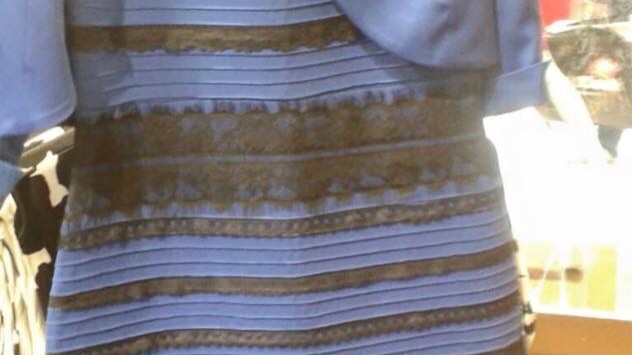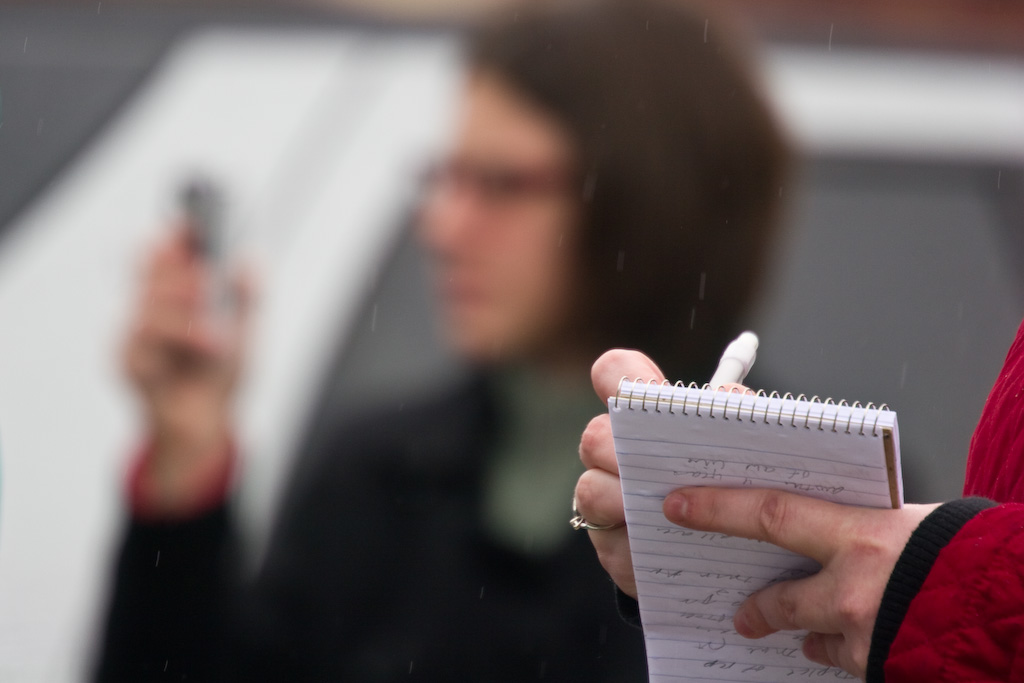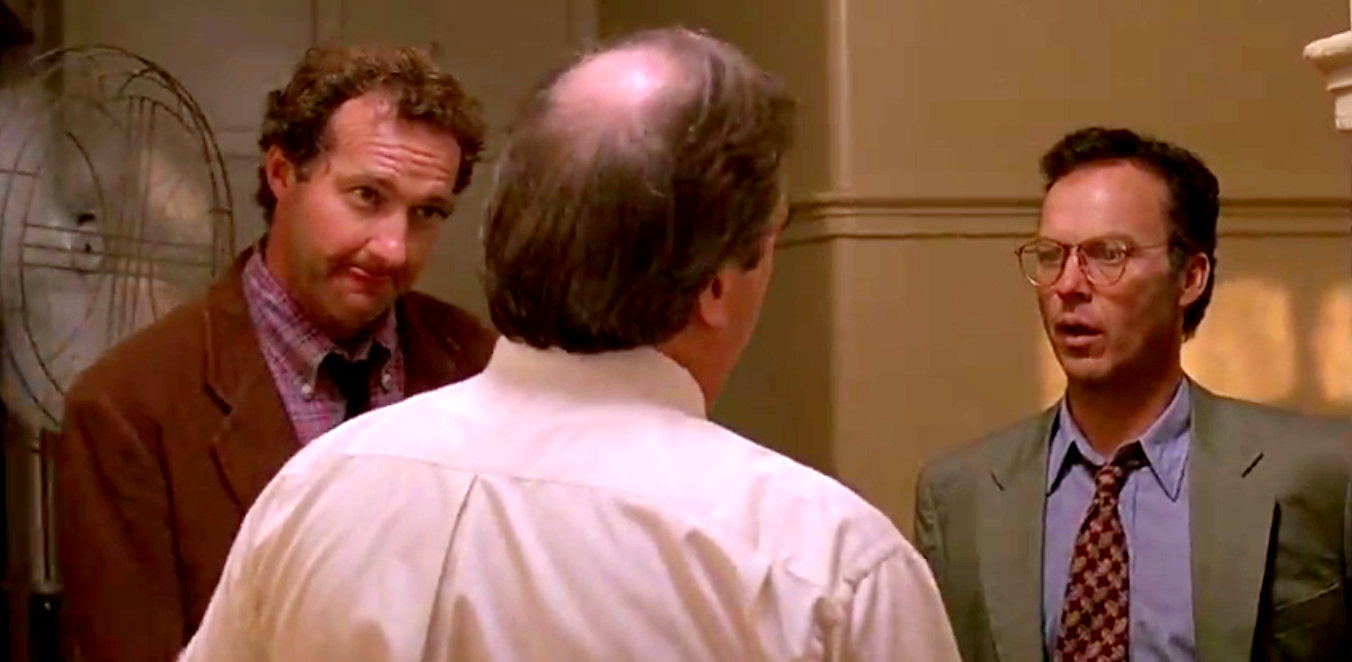Responding to my post “Stop Paying Bloggers and Journalists for Pageviews“, someone asked me: “What’s the difference between pageviews and selling papers?” I answered: “They aren’t anything alike”, which garnered response: “Certainly the journalists who cause people to buy papers are kept around. So isn’t a PV like selling a paper?”
“Nothing like it”, I answered. Of course, the questioner asked “Why?” The answer could be a 20-point list, at the least. But I rat-tat-tatted some explanation, which I recap here. The comparison is the traditional news organization versus the typical blog. I may add to the list over time but start with five items.










